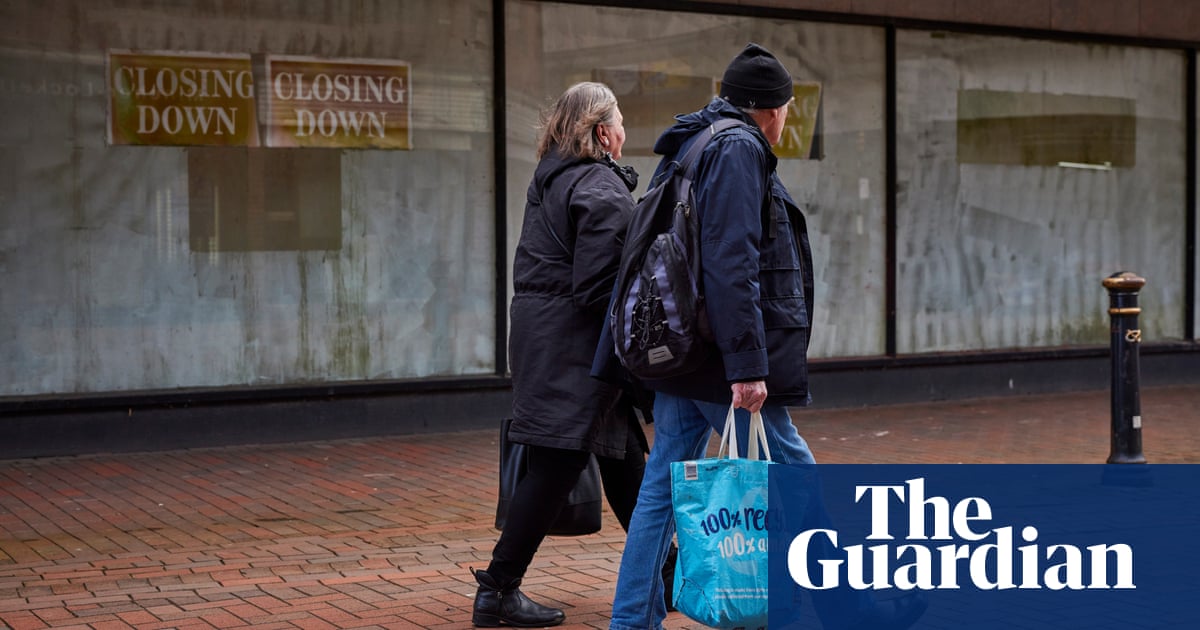The UK economy had zero growth between July and September and is expected to have stagnated over the entire second half of 2024, undermining Keir Starmer’s promise to reboot growth.
In an unexpected downgrade as Labour comes under pressure over its economic management since taking power in July, figures from the Office for National Statistics showed growth in the third quarter was revised down to zero, below an initial estimate of 0.1% made last month.
Growth in the second quarter was also downgraded, from 0.5% to 0.4%.
Liz McKeown, the ONS director of economic statistics, said: “The economy was weaker in the second and third quarters of this year than our initial estimates suggested with bars and restaurants, legal firms and advertising, in particular, performing less well.
“The household saving ratio fell a little in the latest period, though remains relatively high by historic standards. Meanwhile, real household disposable income per head showed no growth.”
The latest snapshot suggests the UK is on course for two consecutive quarters of flatlining activity. This follows a slump in business and consumer confidence amid gloomy rhetoric from the new government and warnings of tax increases in the autumn budget.
The Bank of England last week warned UK growth would stagnate in the final three months of the year. Although falling short of the technical definition of a recession – regarded as two quarters of negative growth – the latest snapshot will come as a blow to the government after it made reviving growth its number one priority.
The chancellor, Rachel Reeves, said: “The challenge we face to fix our economy and properly fund our public finances after 15 years of neglect is huge.
after newsletter promotion
“But this is only fuelling our fire to deliver for working people. The budget and our plan for change will deliver sustainable long-term growth, putting more money in people’s pockets through increased investment and relentless reform.”

